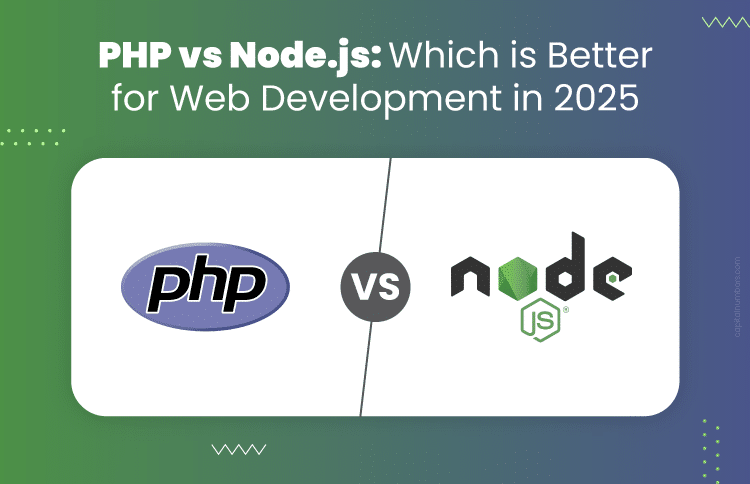Exploring Micro Frontends: A New Twist on Microservices
Imagine you’re running a large, bustling restaurant. The kitchen is divided into sections – grill, pasta, desserts – each with its own team of chefs who focus on a specific part of the menu. While they all work together to deliver a complete dining experience, each team can operate independently without waiting for others to …













